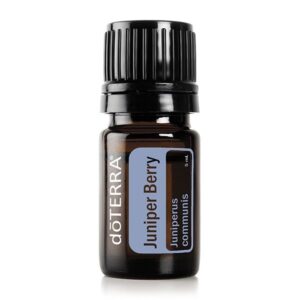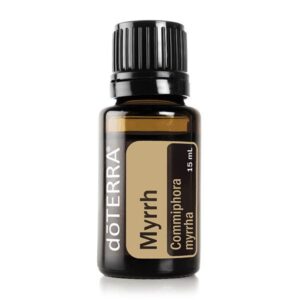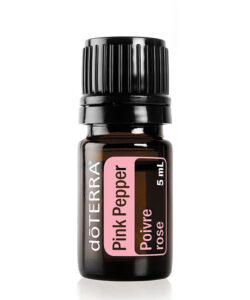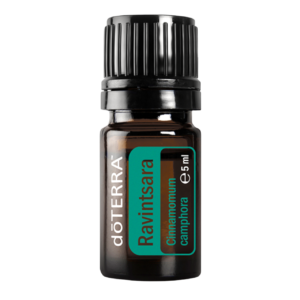Botanical Name:Chamaecyparis obtusa
Synonyms:Japanese Cedar, White Cedar, Japanese Cypress
Family: Cupresseae
Description:¦An evergreen conical tree up to 40 m tall. Dark green leaves turn brown in winter.
Enhancement: North America, Japan, Taiwan.
Extraction: Steam distillation
Part of the plant used: Wood
Essential Oil¦Hinoki is well known for its ability to suppress fungal infections and microbes. Hinoki is believed to have a relaxing and decongestant effect on the body, helping to relieve stress and tension. This is an excellent remedy for sinusitis, chest congestion, respiratory diseases. The oil is very gentle on the skin, at the same time it is an effective antiseptic for skin healing and treatment of rashes, cuts, abrasions, skin irritations. A few drops of hinoki, added to a warm bath, will relax tired tense muscles, create an atmosphere of rest and peace. Hinoki oil is used for clean cleaning, relaxation.
The effectiveness¦of hinoki oil is due to the followingproperties:
- powerful antifungal and antimicrobial action;
- unique ability to stop inflammatory processes;
- high degree of penetration into the skin;
- normalization of natural skin processes at the cellular level;
- rejuvenating effect.
Aroma: fresh, woody, balsamic with a light lemon note
Chemical components: α-pinene Δ-cadinene, Δ-amorphene, α-muurolene
Action:
- antifungal;
- anti-inflammatory;
- immunostimulating;
- rejuvenating;
- tonifies the nervous system.
Indications:
- respiratory diseases;
- asthma;
- stress;
- acne;
- dry skin;
- dull complexion;
- hyperpigmentation;
- wrinkles;
- hair restoration and treatment.
Methods of use: Facial massage: 1-2 drops of hinoki oil per 1 tsp. base oil Body massage: 4-5 drops of hinoki oil per 1 tsp. base oil: 10-12 drops
Combination: goes well with bergamot, cypress, cassia, jasmine, juniper, neroli, frankincense, clary sage, vetiver, rosemary, ylang.
Contraindications and precautions: non-toxic, non-irritating.
Additional information:Hinoki is one of the most valuable woods for the following reasons: – the wood has excellent mechanical strength and stability; – the trees are tall and straight as poles, which makes them ideal for construction; – the trees contain natural bactericidal agents, so the wood resists mold and mildew; – the wood is not afraid of humidity and does not rot. In Japan, daily baths are valued for cleansing and relaxation. Hinoki wood is used to build Japanese baths, temples, cross palaces, shrines. The trees grow only in ecologically clean places.









